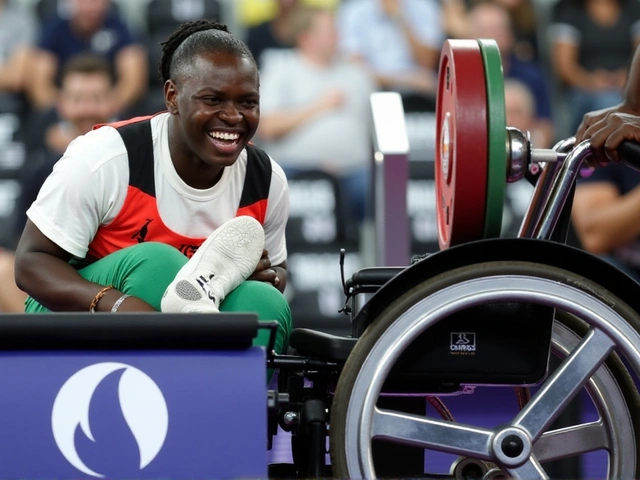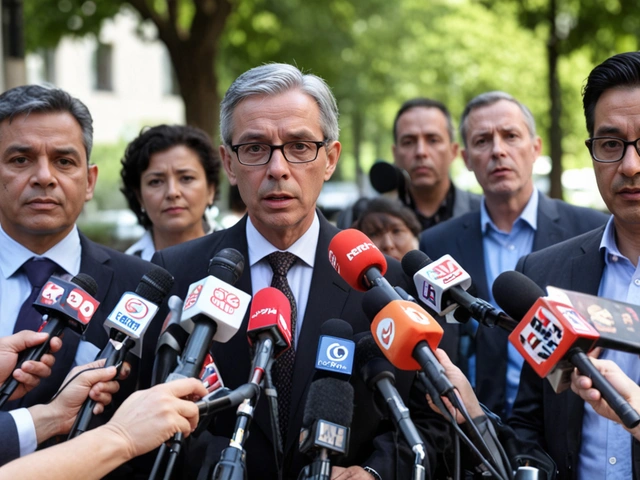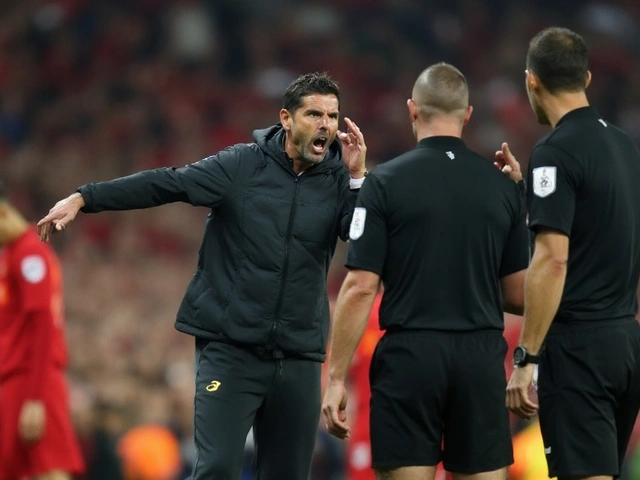Doping Ban: What It Means for Athletes and African Sports
If you follow football, athletics or any sport in Africa, you’ve probably heard the term "doping ban" pop up in headlines. It’s a penalty that stops an athlete from competing for a set period because they broke anti‑doping rules. The ban can be short, like a few months, or it can end a whole career. Understanding the basics helps you make sense of the news and why it matters to teams, fans and sponsors.
Why Doping Bans Matter
Anti‑doping agencies work to keep sport fair. When a player tests positive for a banned substance, the agency can hand down a ban that wipes out recent results, strips medals, and can even cancel contracts. That ripple effect reaches the whole club – lost points, fines, and a hit to the fan base. For African leagues, where resources are already tight, a big ban can shake a team’s season and affect sponsorship deals.
Recent African Cases
In the past year, we’ve seen a few high‑profile bans across the continent. A top sprinter from Kenya faced a 2‑year ban after a prohibited stimulant was found in a routine test, costing the nation a gold medal at the African Games. In South Africa, a rugby star received a 12‑month suspension for using a growth hormone, prompting his club to lose crucial league points. These stories remind us that the anti‑doping net is global, and no one is immune.
How does a ban get decided? First, an athlete provides a sample – urine or blood – that goes to a certified lab. If the lab spots a banned substance, the athlete gets a provisional suspension while the case is reviewed. The athlete can request a B‑sample analysis and present evidence, such as a medical prescription or contamination claim. If the panel upholds the finding, they set the length of the ban based on the substance, intent, and past infractions.
Appeals are part of the process. Many athletes turn to the Court of Arbitration for Sport (CAS) to challenge a ban. Success rates vary, but a well‑documented case can reduce the penalty or even clear the athlete. For fans, this means the headline you read today might change after an appeal, so keep an eye on official updates.
The impact on teams goes beyond the player’s absence. Coaches must reshuffle line‑ups, which can disrupt tactics and morale. Sponsors may pull funding if a brand’s image gets tangled with a doping scandal. In African leagues, where clubs rely heavily on community support, a ban can damage the club’s reputation for years.
What can you do as a fan? Follow reliable sources like the World Anti‑Doping Agency (WADA), national anti‑doping bodies, and reputable sports news sites such as ProTouch Sports Africa. Social media can be noisy, so look for official statements before sharing news. Staying informed helps you separate rumors from facts.
If you’re an athlete or a young player, the best way to avoid a ban is simple: know the rules, check every supplement, and keep a clean training environment. Many clubs now have dedicated anti‑doping officers who can guide you on safe practices. Remember, a clean record protects your career and keeps the sport enjoyable for everyone.
In short, doping bans are more than just headlines – they shape the future of sports across Africa. By understanding how bans work, staying updated on recent cases, and supporting clean competition, you help keep the games fair and exciting for all of us.






